Brazilian literature brings together several poets and poets who had great prominence not only in Brazil, but in the world.
Check below a list of the greatest modern and contemporary Brazilian poets. He also read some of his poetry.
1. Carlos Drummond de Andrade (1902-1987)
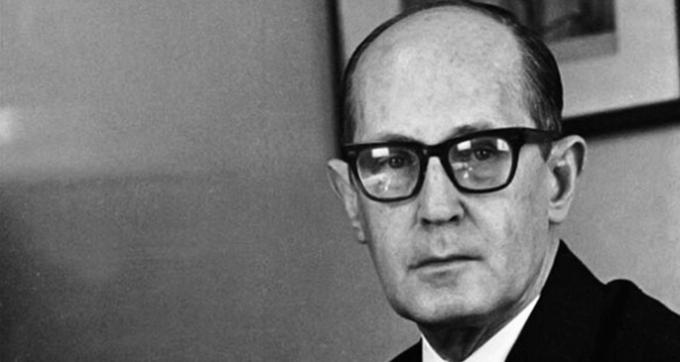
Modernist poet from Minas Gerais, Drummond is considered one of the greatest Brazilian poets of the 20th century. A great highlight of the second modernist generation, in addition to poetry, he wrote chronicles and short stories.
Midway
In the middle of the way there was a stone
There was a stone in the middle of the way
had a stone
In the middle of the way there was a stone.
I will never forget this event
In the life of my retinas so tired.
I'll never forget that halfway
had a stone
There was a stone in the middle of the way
In the middle of the way there was a stone.
2. Clarice Lispector (1920-1977)
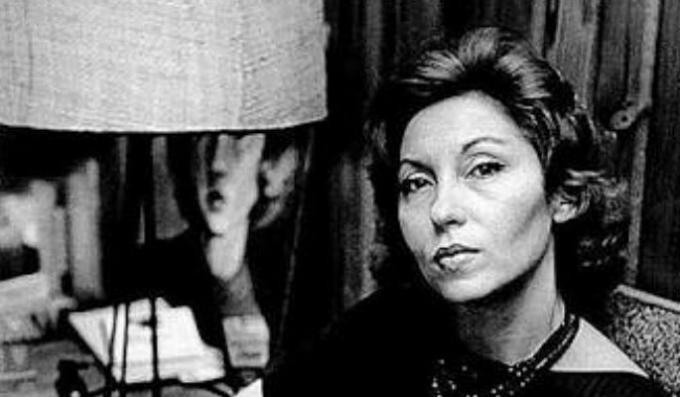
A modernist poet, Clarice was born in Ukraine, but was naturalized Brazilian. A great highlight of the third modernist generation, she is considered one of the greatest writers in Brazil. In addition to poetry, she wrote novels, short stories and works of children's literature.
The dream
Dream of what you want to be,
because you only have one life
and in it you only have one chance
to do what you want.
Have enough happiness to make her sweet.
Difficulties in making her strong.
Sadness to make you human.
And hope enough to make her happy.
The happiest people do not have the best things.
They know how to make the best of opportunities
that appear in their paths.
Happiness appears to those who cry.
for those who get hurt
For those who seek and always try.
And for those who recognize
the importance of the people who have gone through their lives.
3. Adélia Prado (1935)
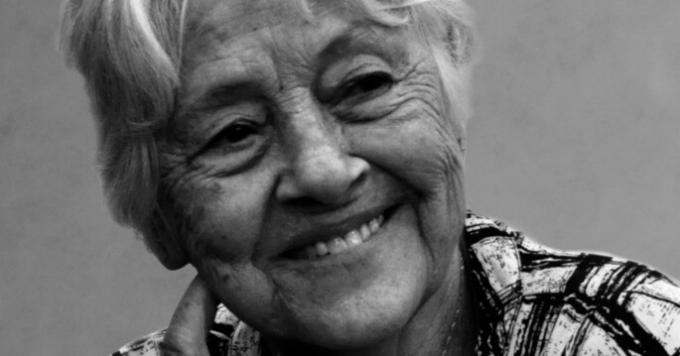
A poet from Minas Gerais, Adélia is a writer of contemporary Brazilian literature. In addition to poetry, she wrote novels and short stories where she explores, in large part, the theme of women.
with poetic license
When I was born a slender angel,
of those who play the trumpet, he announced:
will carry flag.
Too heavy a load for a woman,
this species still embarrassed.
I accept the subterfuges that fall to me,
no need to lie.
I'm not ugly that I can't get married,
I think Rio de Janeiro is beautiful and
now yes, now no, I believe in painless childbirth.
But what I feel I write. I fulfill my destiny.
I inaugurate lineages, fund kingdoms
— pain is not bitterness.
My sadness has no pedigree,
already my desire for joy,
its root goes to my thousand grandfather.
It will be lame in life is a curse for men.
Woman is foldable. I'm.
4. Cora Coralina (1889-1985)
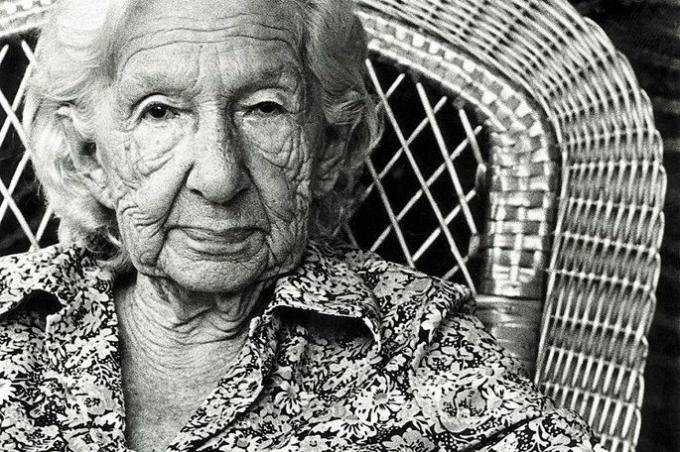
Brazilian poet born in Goiás, Cora is known as the "writer of simple things". In addition to poems, she wrote short stories and works of children's literature. Her poetry is characterized by everyday themes.
Life woman
Life woman,
My sister.
Of all time.
Of all peoples.
From all latitudes.
It comes from the immemorial background of ages
and carry the heavy load
of the most vile synonyms,
nicknames and nicknames:
local woman,
street woman,
lost woman,
Woman for nothing.
Life woman,
My sister.
5. Hilda Hilst (1930-2004)

Brazilian poet born in Jaú, in the interior of São Paulo. Hilda is considered one of the greatest writers of the 20th century in Brazil. In addition to poetry, she wrote chronicles and drama.
groping
Groping. The forehead. The arm. The shoulder.
The sorcerous bottom of the shoulder blade.
Matter-girl your forehead and me
Maturity, absence in your clears
Saved.
Alas, alas. while you walk
In lucid haughtiness, I am already the past.
This forehead that is mine, prodigious
of nuptials and path
It's so different from your sloppy forehead.
Groping. And at the same time alive
And I'm dying. between land and water
My amphibian exist. walk
Over me, love, and reap what I have left:
Sunflower night. Secret Rama.
6. Cecília Meireles (1901-1964)
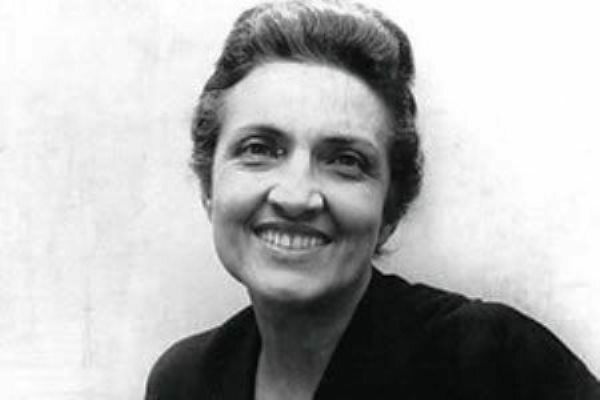
Brazilian poet from Rio de Janeiro, Cecília is one of the first women to be highlighted in Brazilian literature. She was a writer of the second phase of modernism in Brazil. Her poems have character intimate with strong influence of psychoanalysis and social issues.
Reason
I sing because the moment exists
and my life is complete.
I'm not happy nor am I sad:
I'm a poet.
Brother of elusive things,
I don't feel joy or torment.
I go through nights and days
in the wind.
If it collapses or builds up,
if I remain or if I fall apart,
- I do not know I do not know. I don't know if I stay
or step.
I know what I sing. And the song is everything.
The rhythmic wing has eternal blood.
And one day I know I'll be mute:
- nothing more.
7. Manuel Bandeira (1886-1968)
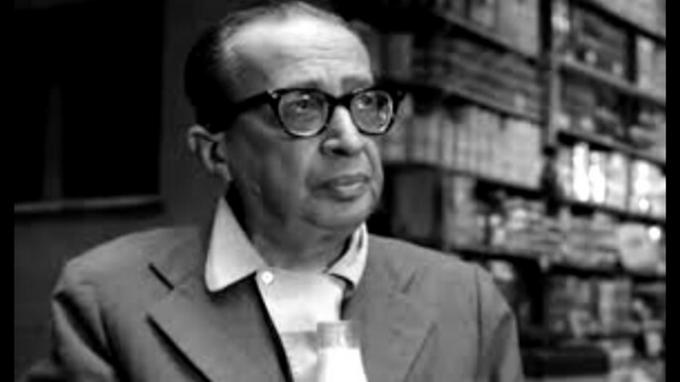
Brazilian poet from Pernambuco, Manuel had great prominence in the first phase of modernism in Brazil. In addition to poetry, he also wrote works in prose. With great lyricism, his work deals with everyday themes and melancholy.
disenchantment
I make verses like someone crying
From dismay... of disenchantment...
Close my book if for now
You have no reason to cry.
My verse is blood. Burning lust...
Scattered sadness... vain remorse...
It hurts in my veins. Bitter and hot,
It falls, drop by drop, from the heart.
And in these verses of hoarse anguish
That's how life flows from the lips,
Leaving an acrid flavor in the mouth.
– I write verses like someone who dies.
8. Manoel de Barros (1916-2014)

Considered one of the greatest Brazilian poets, Manuel de Barros was born in Mato Grosso. He was a great highlight in the third phase of modernism in Brazil, called "Geração de 45". In his work he focused on everyday and nature themes.
the boundaries of the word
I'm very full of voids.
My dying organ dominates me.
I'm out of eternities.
I can no longer know when morning comes yesterday.
The dawn is close to me.
I hear the oblique size of a sheet.
Behind the sunset the insects boil.
I stuffed what I could into my cricket
destiny.
These things change me to mote.
my independence has handcuffs
9. Ferreira Gullar (1930-2016)

Contemporary Brazilian poet and precursor of the neoconcrete movement, Gullar was born in São Luís do Maranhão. He is considered one of the greatest Brazilian writers of the 20th century, owner of a social, radical and engaged work.
No vacancies
the price of beans
it doesn't fit in the poem. The price
of rice
it doesn't fit in the poem.
Gas doesn't fit in the poem
the light the phone
the evasion
of milk
of the meat
of sugar
of the bread
the civil servant
it doesn't fit in the poem
with your hunger salary
your closed life
in files.
As it doesn't fit in the poem
the worker
who grinds your steel day
and coal
in the dark workshops
- because the poem, gentlemen,
it is closed:
"no vacancies"
It only fits in the poem
the man without stomach
the woman of clouds
the priceless fruit
The poem, gentlemen,
doesn't stink
doesn't even smell
10. Vinicius de Moraes (1913-1980)
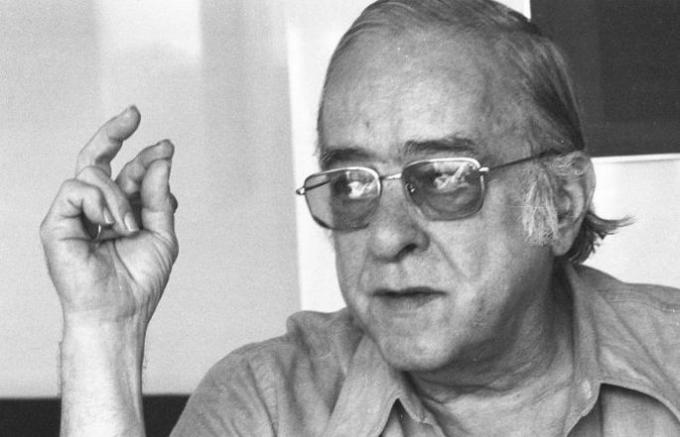
Brazilian poet and composer from Rio de Janeiro, Vinicius was one of the forerunners of bossa nova in Brazil. It had great prominence in poetry of 30 in the second phase of modernism in Brazil. His poems are thematic of love and eroticism.
Loyalty Sonnet
Of everything, I will be attentive to my love before
And with such zeal, and always, and so much
That even in the face of the greatest charm
My thoughts become more enchanted
I want to live it in every moment
And in your praise I will spread my song
And laugh my laugh and shed my tears
Your grief or your contentment
And so when you come to me later
Who knows the death, anguish of those who live
Who knows loneliness, end of those who love
I can tell you about the love (that I had):
That it is not immortal, since it is flame
But let it be infinite while it lasts
11. Mario Quintana (1906-1994)
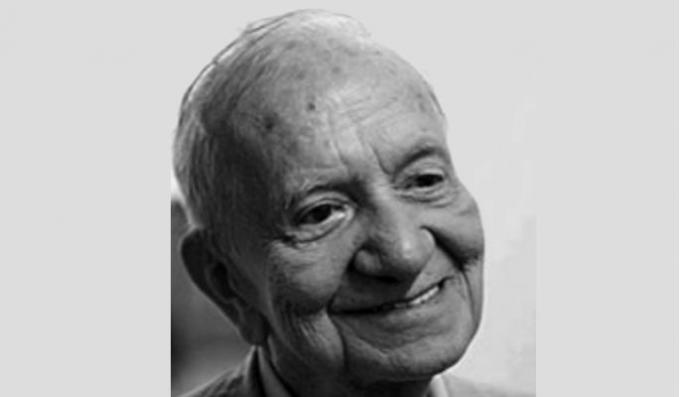
Brazilian poet born in Rio Grande Sul, Mario is known for being the “poet of simple things”. Considered one of the greatest Brazilian poets of the 20th century, he had great prominence in the second phase of modernism in Brazil. His poetic work explores themes such as love, time and nature.
the poems
The poems are birds that arrive
no one knows where and land
in the book you read.
When you close the book, they take flight
like a trapdoor.
they have no landing
no port
feed for a moment on each pair of hands
and depart. And look, then, at these empty hands of yours,
in the amazed amazement of knowing
that their food was already in you…
12. Raul Bopp (1898-1984)
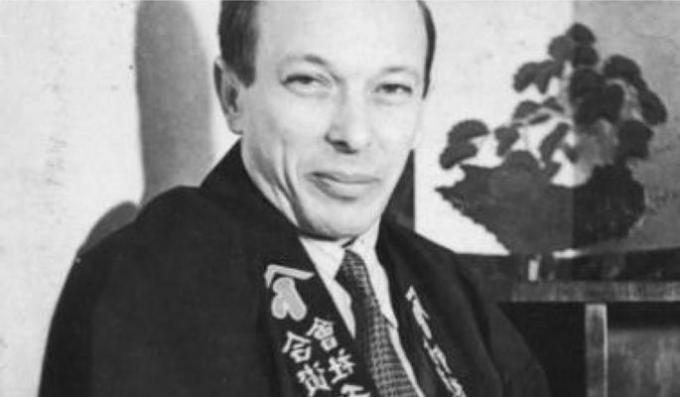
Brazilian modernist poet, Raul was born in Rio Grande do Sul. He participated in the Week of Modern Art that inaugurated the modernist movement in Brazil. In addition to poetry, Bopp also wrote chronicles.
Cobra Norato (part of the work)
One day
I will still have to live in the lands of Sem-Fim.
I'm walking, walking, walking;
I mix with the river under the bush, biting roots.
Later
I make pond taja flower puçanga
and I send for Cobra Norato.
— I want to tell you a story:
Shall we take a walk on those low-cut islands?
Pretend there is moonlight.
The night comes softly.
Stars talk in low voices.
The bush is already dressed.
So I play of tying a ribbon around my neck
and strangle the snake.
Now yes,
I get into this elastic silk skin
and I go around the world:
I'm going to visit Queen Luzia.
I want to marry your daughter.
“So you have to erase your eyes first.
Sleep descended slowly through the heavy eyelids.
A mud floor robs my steps of strength.
13. Paulo Leminski (1944-1989)
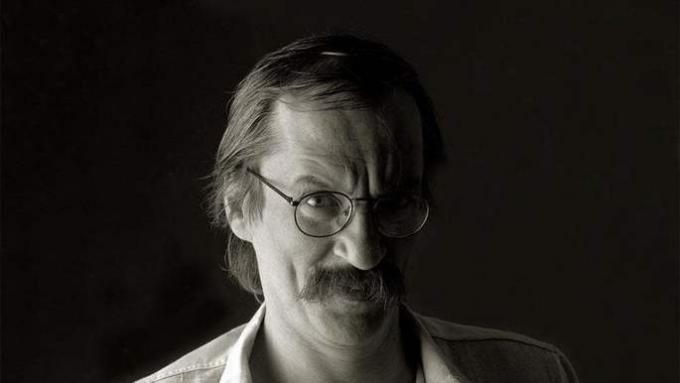
A contemporary Brazilian poet, Leminski was born in Curitiba, Paraná. He was one of the great representatives of marginal poetry with a strong avant-garde feature. In addition to poetry, he wrote short stories, essays and works for children and young people.
deep down
In the background, in the background,
deep down,
we would like
to see our problems
resolved by decree
From this date,
that pain without remedy
is considered null
and about her — perpetual silence
extinguished by law all remorse,
damn anyone who looks back,
back there is nothing,
and nothing else
but problems are not resolved,
problems have a large family,
and on sundays
all go out for a walk
the problem, ma'am
and other little problems.
14. João Cabral de Melo Neto (1920-1999)
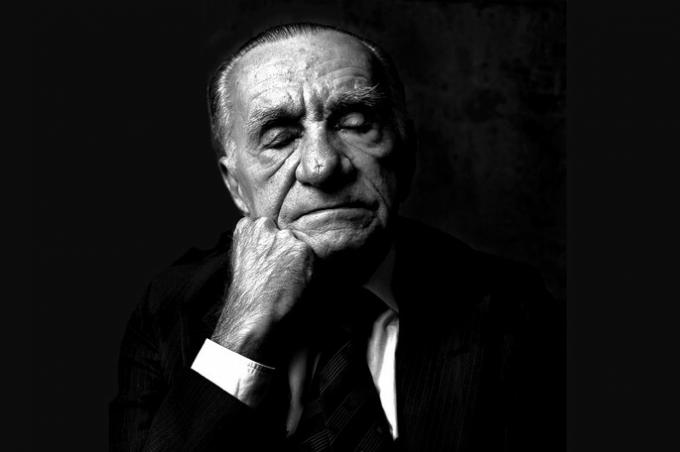
A modern poet born in Pernambuco, João Cabral became known as the “engineer poet”. He was a great highlight of the third modernist generation in Brazil and in addition to poetry, he wrote works in prose.
The clock
around man's life
there are certain glass boxes,
inside which, as in a cage,
you hear an animal throb.
Whether they are cages is not right;
closer are to the cages
at least by size
and square in shape.
Sometimes such cages
they hang on the walls;
other times, more private,
they go in a pocket, on one of the wrists.
But where is it: the cage
will it be bird or bird:
palpitation is winged,
the jumping she keeps;
and singing bird,
not feather bird:
because of them a song is emitted
of such continuity.
15. Jorge de Lima (1893-1953)
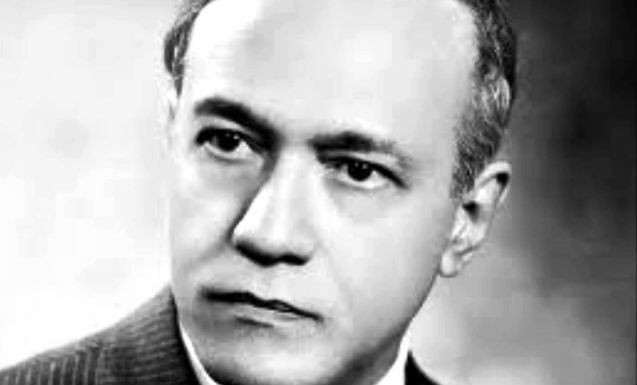
Brazilian modernist poet born in Alagoas, Jorge de Lima became known as the “prince of Alagoas poets”. A major highlight of the second modernist generation in Brazil, in addition to poems, he wrote novels, plays and essays.
proletarian woman
Proletarian woman — only factory
that the worker has, (manufactures children)
you
in your overproduction of human machine
you provide angels for the Lord Jesus,
you provide arms for the bourgeois lord.
proletarian woman,
the worker, your owner
must see, must see:
your production,
your overproduction,
unlike bourgeois machines
save your owner.
16. Ariano Suassuna (1927-2014)
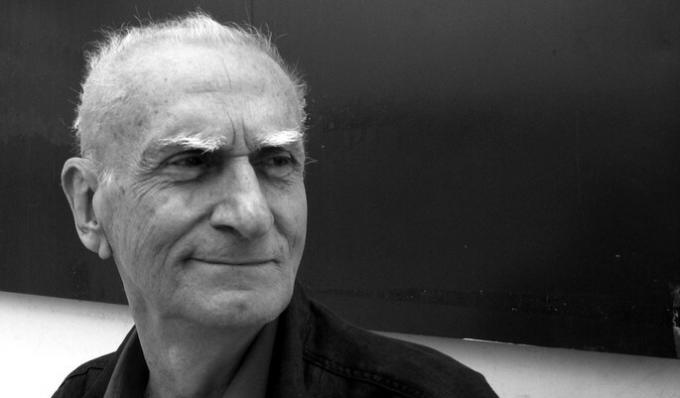
Brazilian poet from Paraíba, Suassuna was the creator of armorial movement with a focus on valuing popular arts. Featured in literature of twine and in addition to poetry, he wrote novels, essays and works of dramaturgy.
Here lived a king
Here lived a king when I was a boy
He wore gold and brown on the doublet,
Lucky Stone about my Destiny,
It pulsed next to mine, his heart.
For me, his singing was Divine,
When with the sound of the viola and the bass guitar,
He sang in a hoarse voice, the Desatino,
The Blood, the laughter and the deaths of the Sertão.
But they killed my father. since that day
I saw myself as blind without my guide
Gone to the sun, transfigured.
Your effigy burns me. I am the prey.
He, the ember that impels the Fire lit
Golden Sword in Bloody Pasture.
Don't stop here! We are sure you will like what we have prepared for you.:
- Contemporary Brazilian Literature
- Modernism in Brazil
- 10 Brazilian Tales You Must Know
